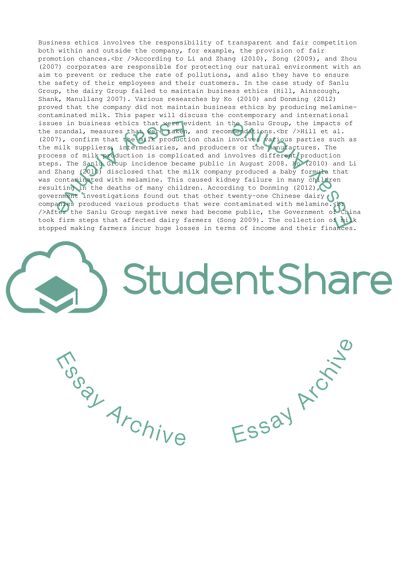Cite this document
(Contemporary and International Issues in Business Ethics Literature review Example | Topics and Well Written Essays - 1500 words, n.d.)
Contemporary and International Issues in Business Ethics Literature review Example | Topics and Well Written Essays - 1500 words. https://studentshare.org/business/1819149-contemporary-and-international-issues-in-business-ethics
Contemporary and International Issues in Business Ethics Literature review Example | Topics and Well Written Essays - 1500 words. https://studentshare.org/business/1819149-contemporary-and-international-issues-in-business-ethics
(Contemporary and International Issues in Business Ethics Literature Review Example | Topics and Well Written Essays - 1500 Words)
Contemporary and International Issues in Business Ethics Literature Review Example | Topics and Well Written Essays - 1500 Words. https://studentshare.org/business/1819149-contemporary-and-international-issues-in-business-ethics.
Contemporary and International Issues in Business Ethics Literature Review Example | Topics and Well Written Essays - 1500 Words. https://studentshare.org/business/1819149-contemporary-and-international-issues-in-business-ethics.
“Contemporary and International Issues in Business Ethics Literature Review Example | Topics and Well Written Essays - 1500 Words”. https://studentshare.org/business/1819149-contemporary-and-international-issues-in-business-ethics.


